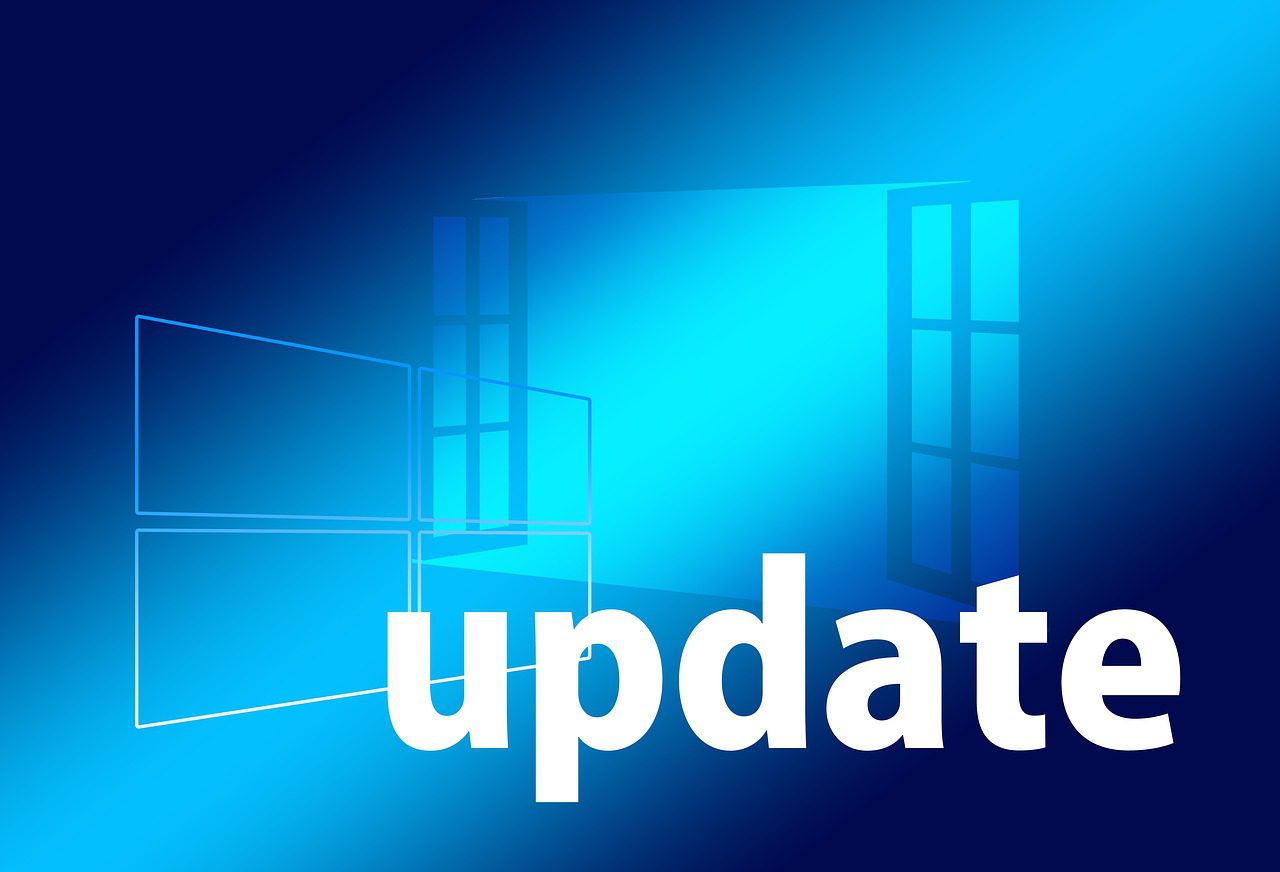
Microsoft delivers its first Patch Tuesday of 2025 with a robust security update addressing a wide range of vulnerabilities. With 159 issues patched, including 10 critical and 149 important ones, this month’s update brings crucial fixes for enterprises and individuals alike. Among these, eight zero-day vulnerabilities were resolved, three of which were actively exploited in the wild.
The updates address various attack vectors such as spoofing, denial of service (DoS), elevation of privilege (EoP), information disclosure, and remote code execution (RCE). Notably, no vulnerabilities were patched in Microsoft Edge (Chromium-based) this month.
Among the patched zero-days are:
- Windows Hyper-V Vulnerabilities (CVE-2025-21333, CVE-2025-21334, CVE-2025-21335): These flaws in the Hyper-V virtualization platform could allow attackers to gain SYSTEM privileges, essentially granting them complete control over affected systems.
- Microsoft Access Remote Code Execution (CVE-2025-21366, CVE-2025-21395, CVE-2025-21186): These vulnerabilities, now mitigated by blocking access to certain file extensions, could have enabled attackers to execute malicious code remotely on vulnerable systems.
- Windows App Package Installer Elevation of Privilege (CVE-2025-21275): This vulnerability could allow attackers to escalate privileges and gain greater control over a compromised system.
- Windows Themes Spoofing (CVE-2025-21308): While seemingly less severe, this vulnerability could be used to trick users into loading malicious files by disguising them with seemingly harmless themes.
Beyond the zero-days, Microsoft addressed a range of critical vulnerabilities, including:
- Remote Code Execution in Core Components: Flaws in Microsoft Digest Authentication (CVE-2025-21294), SPNEGO Extended Negotiation (CVE-2025-21295), BranchCache (CVE-2025-21296), Windows Remote Desktop Services (CVE-2025-21297, CVE-2025-21309), Windows OLE (CVE-2025-21298), and the Reliable Multicast Transport Driver (CVE-2025-21307) could allow attackers to execute arbitrary code on vulnerable systems.
- Elevation of Privilege in NTLM V1 (CVE-2025-21311): This vulnerability could allow attackers to gain higher-level privileges, potentially leading to further system compromise.
- Remote Code Execution in Microsoft Excel (CVE-2025-21354, CVE-2025-21362): These vulnerabilities highlight the potential dangers of opening malicious Excel files, as they could lead to remote code execution.
With such a wide range of vulnerabilities addressed, it’s crucial to apply the January 2025 patches immediately. Ensure automatic updates are enabled, or manually check for updates through Windows Update. Additionally, exercise caution when opening files from unknown sources, and stay informed about emerging threats.
Related Posts:
- CISA & Microsoft Warn of 6 Actively Exploited Zero-Day Vulnerabilities
- Ivanti Connect Secure, Policy Secure and Secure Access Client Affected by Critical Vulnerabilities
- Cisco releases patch to fix three high security bugs